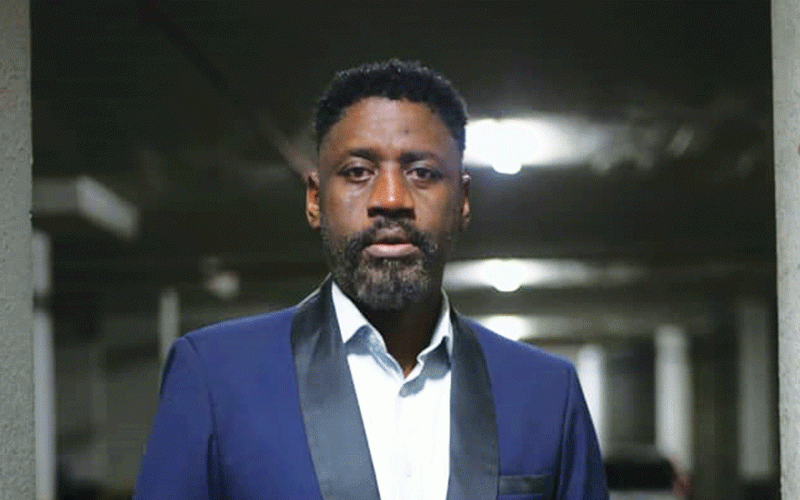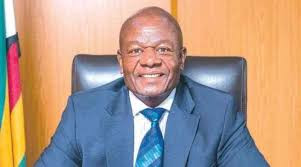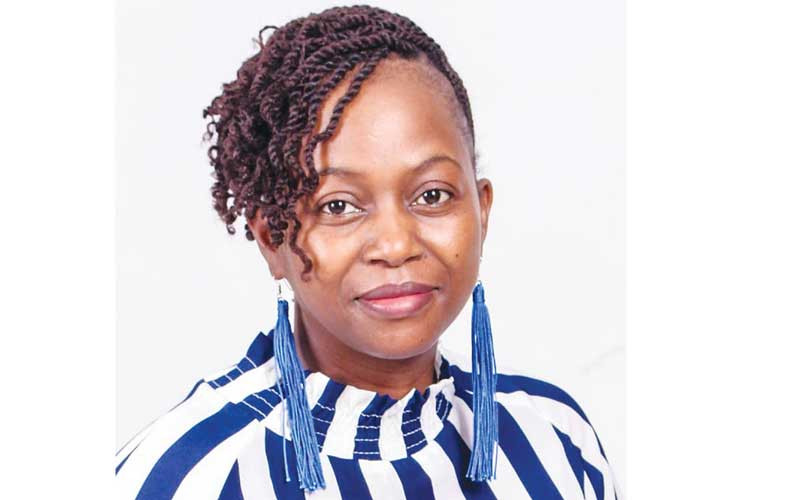
AS Zimbabwe commemorates its 45th Heroes Day today, creatives have described the day as a reminder of the price of freedom.
Heroes Day is celebrated annually on the second Monday of August and provides a space for the public to reconnect with the ideals of liberation such as justice, freedom, Zimbabwe’s complex historical journey and the enduring legacy of resistance, unity, identity and self-determination.
Creatives have a vital role to play in shaping this evolving narrative through music, film, poetry, visual arts and theatre.
Heroes’ Day is a solemn yet celebratory occasion that pays tribute to those who sacrificed their lives, as well as surviving veterans, for the freedom and sovereignty of Zimbabwe.
The day typically begins with official ceremonies at the National Heroes Acre in Harare and provincial shrines across the country, where the President leads wreath-laying activities and delivers a speech recognising the efforts of liberation fighters.
Among the broader Zimbabwean community, however, perceptions of Heroes Day are mixed. While many revere it as a time to honour true heroes, others feel disillusioned due to the politicisation of the day amid concerns that only figures aligned to the ruling party are recognised as “heroes.” For many, especially the youth, the day has become more about political theatre than collective remembrance but the core sentiment of remembering the sacrifice of the heroes still resonates deeply.
In the past, the creative sector in Zimbabwe has long been central in shaping and preserving the memory of Heroes Day and Defence Forces Day. Musicians like Simon Chimbetu and Comrade Chinx used Chimurenga music to glorify liberation values and commemorate fallen fighters. Chimbetu’s One Way and Chinx’s Vanhu VeMuAfrica celebrate the spirit of unity and freedom. Thomas Mapfumo, known for his radical and thought-provoking lyrics, contributed with songs like Chimurenga for Justice, which continue to inspire resistance and critical reflection.
Mbira Dzenharira and Chief Hwenje have continued this cultural dialogue, while contemporary artistes like Souljah Love blended urban grooves with military symbolism to appeal to younger audiences. Theatrical works such as Song Unburied by Daves Guzha offer layered interpretations of memory, loss and justice, ensuring that the narratives of the struggle live on through performance.
- Bryn Mteki back on the music scene
- Pakistan likely to dissolve CPEC Authority
- Bryn Mteki back on the music scene
- Edutainment mix: The mbira in the cosmos of development
Keep Reading
Several creatives said interpreting national days like Heroes Day and Defence Forces Day came with considerable challenges. There’s often pressure to conform to the State-sanctioned narrative, leaving little room for nuanced or critical exploration. Artists and journalists alike who raise uncomfortable truths about corruption, unfulfilled promises or marginalised voices in the liberation story often face censorship.
Marc T Mandisoul, a film producer and director, has taken steps at an advanced stage in contributing towards celebrating our heroes and his studio is currently in script research and development for a feature film set during the liberation war struggle and the Rhodesia period.
“Zimbabweans should understand the importance of this day as a day that reminds us of those who put their lives on the line to bring independence from colonial rule. Young people should learn about sacrifices and patriotism, loving our country and being disciplined to achieve goals, as the heroes embodied these values,” he said.
Victor Katsande aka Tatu Maluba of Tatu Maluba Music
To me, Heroes Day means a lot; it celebrates the continuity of humanity and existence, a theme captured in my song Korona (Crown), in which I give voice to the fallen heroes, that they may be gone, but not forgotten. On their departure, the sun may have set and eclipsed, but they urged us to take on the mantle and farm or fish, basically any form of economic activity, to carry the nation forward. If we are successful, the crown will be worn and hoisted by our motherland, Zimbabwe, as her pride in accordance with our cherished values and principles.
Tatudzwa Matete Semvumba Arts Ensemble
Heroes Day holds great significance for me as it honours the selflessness and bravery of those who fought for Zimbabwe's independence. I believe the broader Zimbabwean community perceives this day as a time for reflection, gratitude and celebration of the nation's history and heroes. It's an opportunity to reconnect with our past and appreciate the sacrifices made for our freedom.







